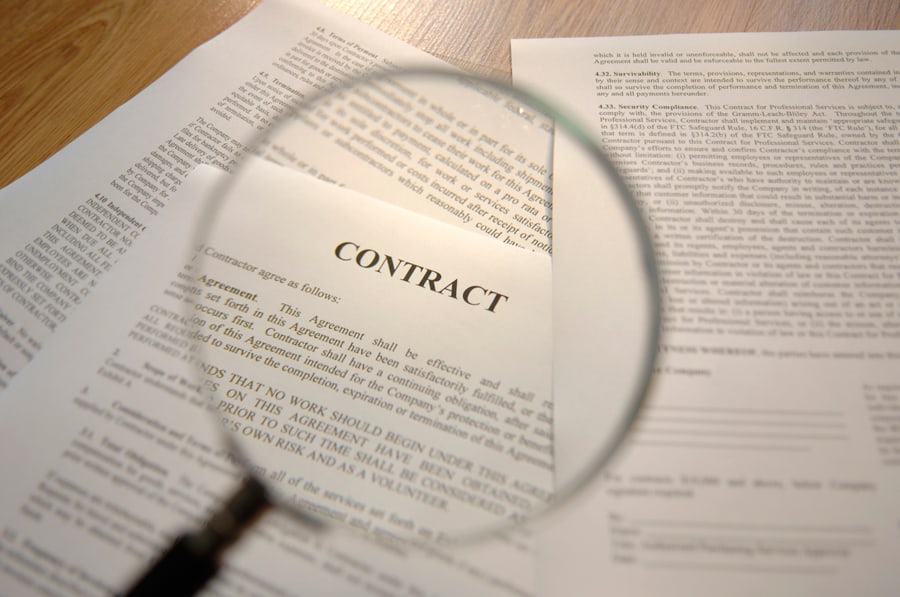Sponsorship deals are always in the headlines due to the massive sums involved, but what do sponsors get for their money and what should both parties expect from the arrangement? Deirdre Kilroy provides the answers.
In September a successful five-year brand partnership between the Dublin GAA and AIG Insurance was announced. At the same time Rory McIlroy had his sponsorship dealings scrutinised in the High Court in relation to a dispute with his former management. In recent weeks Adidas announced that its long-standing position as rights holder for the FIFA World Cup would be extended to 2030.
As with any sector, deals are done, parties sometimes fall out, legal disputes arise and the rights and wrongs of contracts are debated. Lessons can be learned from the paths walked by others.
At the heart of every sponsorship deal is a legal document specifying what the sponsor gets in return for investing its name and its finances in the deal. The rights secured usually entitle the sponsor to promote its image, brand and products in connection with a particular opportunity in return for a fee. Sport is the principal business in which sponsorship funding is spent. Sponsorship also extends to events, the media, the arts, venues, products, charitable and educational activities and even a space station. Consider Bord Gáis’ involvement with the Grand Canal Theatre, or Kerry Foods sponsorship of RTE’s Fair City soap opera.
I have helped people document different types of sponsorship deals over the years. Some come to the table with a very clear picture of what is needed, others need to be reminded of key terms or angles. Whether as a sponsor or as the sponsored party, when starting a sponsorship relationship it is important to identify the key objectives and to secure them in the legal agreement. Sponsorship agreements tend to be quite bespoke documents, which take account of the relevant aspects of the sponsorship opportunity.
However, there are some key areas that sponsorship agreements often deal with and which need careful legal management.
Exclusivity
When an entity is a sole sponsor then it is important that the exclusivity element of the deal is carefully described. Typically sole sponsorship opportunities will require a large payment and a long term commitment. Exclusive deals have risks for both the sponsor and the sponsored party, so the deals will tend to be quite detailed. Where there is more than one sponsor, then each of the sponsors must have a clear understanding of their rights in terms of the opportunity. For example, sponsors in a multi-sponsored event may look for exclusivity in different categories; definitions within these sponsorship agreements will be very important.
Remember the official snack food of London 2012? It was just one of many sponsors.
Intellectual property rights, branding and naming rights
Sponsors pay for brand position rights and co-branding benefits. The contract might deal with the right to name an event, brand a piece of merchandise, a team, a venue or specific media slots.
The sponsor will require a licence to use the sponsored party’s trade marks in its business. In return, the sponsored party will want commitments about how its brands are used, and a non-exclusive licence to use the sponsor’s trade mark for specified purposes, essentially advertising, promotions and related public relation activities. Both the sponsor and the sponsored party should ensure that their trade marks are registered in all the territories relevant to their interests.
Sponsors are likely to want to use materials related to the sponsorship opportunity for their own purposes, for example, event photographs or footage in promotional campaigns.
Personality or image rights, such as photographs featuring star players or other celebrities, that the sponsor wants to secure also require careful consideration.
Other rights of sponsors
Often a sponsorship package will come bundled with corporate hospitality rights, the right to present prizes or trophies, have interactions with players or to network with other sponsors.
Sponsor payment and contributions
The primary obligations of the sponsor will be payment of sponsorship fees, but its obligations can also extend to other kinds of assistance. Sometimes sponsors agree to supply the sponsor’s products as part of the deal, or to provide prizes or a trophy. The sponsor may also agree to carry on or pay for specific advertising activities to promote the sponsored opportunity.
Reputational risks
A sponsor may be concerned about negative publicity which a sponsorship opportunity might attract due to unforeseen circumstances or developments. Sponsors may require management rights or options in order to reduce or mitigate that risk. Similarly, the sponsored party may wish to include the right to disassociate itself from a sponsor for a number of reasons, including where the sponsor’s reputation becomes tarnished.
Dealing with opportunists
Sponsors often secure a right to compel the sponsored party to take action to cease ambush marketing activities. Ambush marketing involves unauthorised exploitation of a sponsored opportunity, unofficially becoming associated with that opportunity, but without paying for that privilege. This often disadvantages a competitor that is an official sponsor, by diverting attention from paid-for sponsorship activities.
What should you take away from this article? Think about your key objectives before embarking on a sponsorship relationship, whether as a sponsor or sponsored party. Put in place a clear legal agreement to record your deal. In the long run, taking the time to document the sponsorship transaction will ensure that contract parties understand their roles, rights and contributions along with the benefits and restrictions that the sponsorship deal delivers.
 Deirdre Kilroy is a partner at Dublin law firm, LK Shields. She and her colleague Gerry Halpenny assist clients of all sizes with sponsorship arrangements.
Deirdre Kilroy is a partner at Dublin law firm, LK Shields. She and her colleague Gerry Halpenny assist clients of all sizes with sponsorship arrangements.







